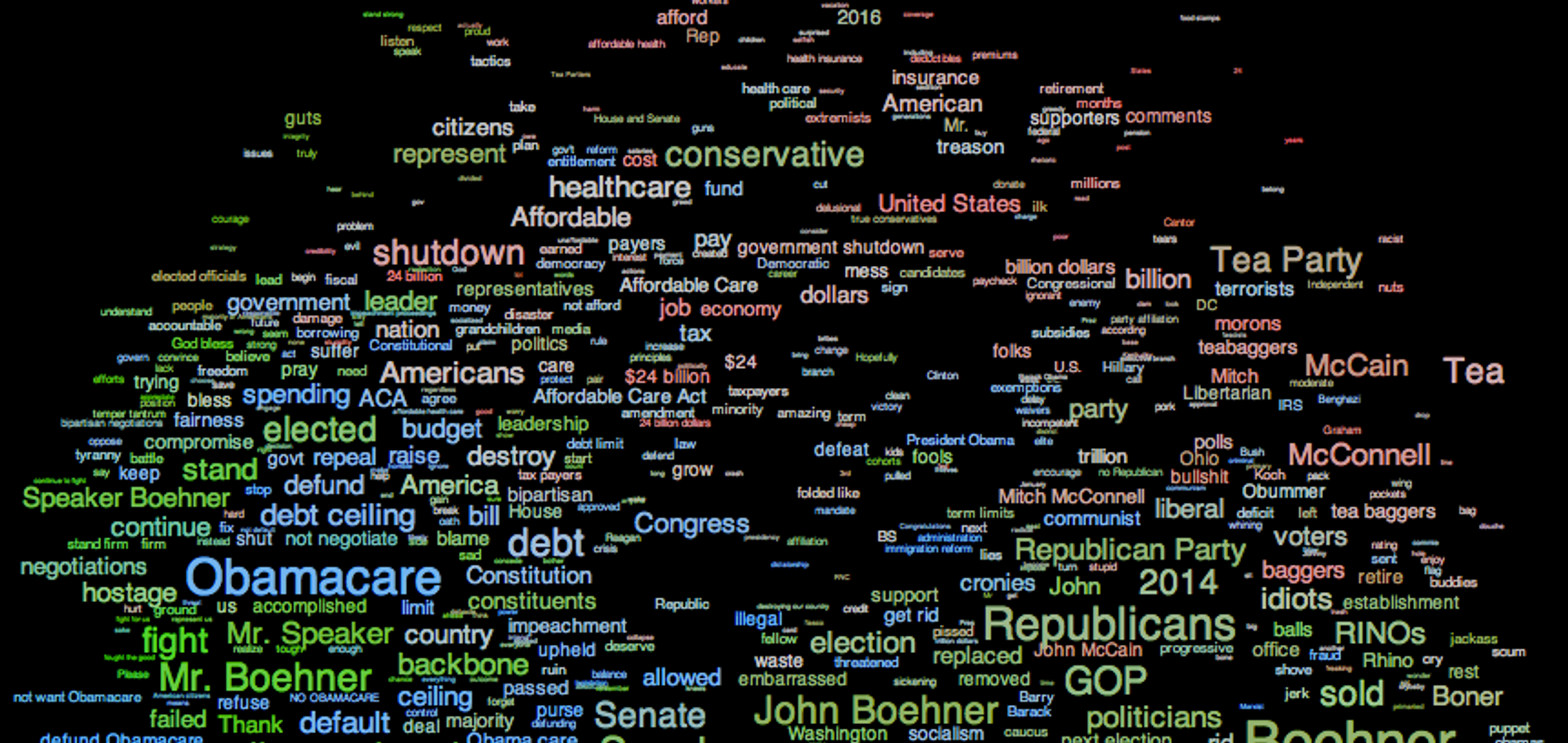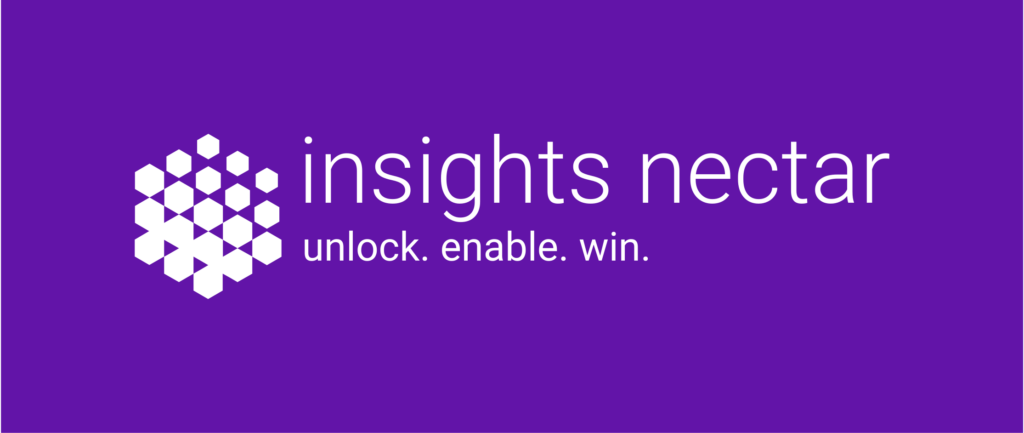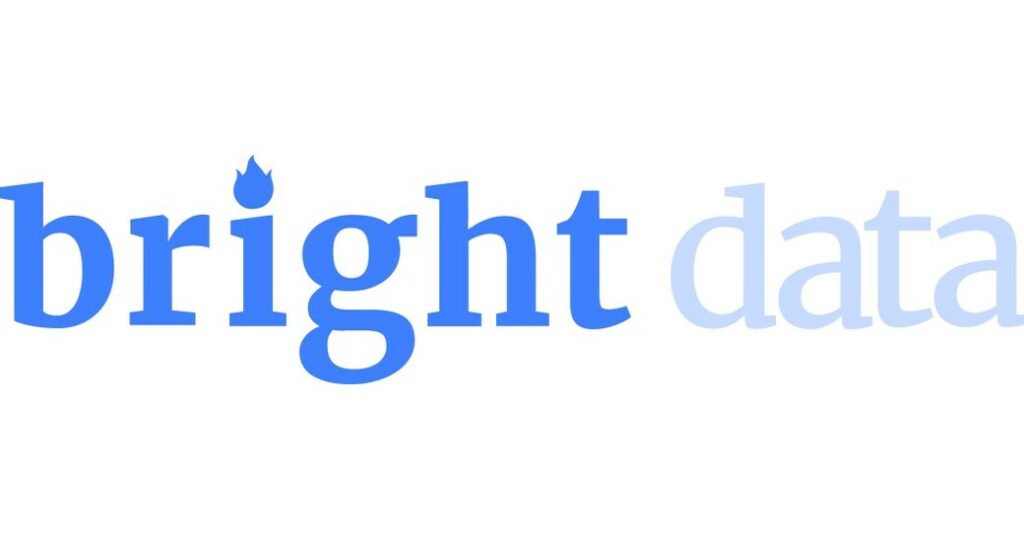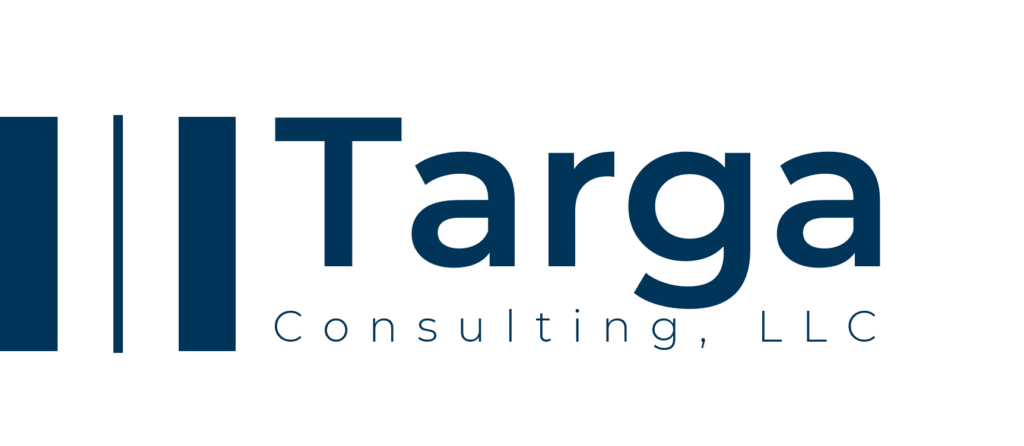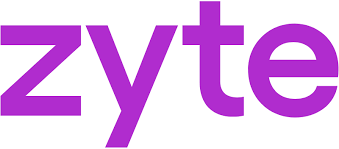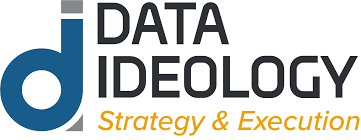If you’ve ever accidentally hosted a political flame war on your Facebook wall, you might be in sympathy with House Speaker John Boehner right about now.
On Wednesday afternoon, Speaker Boehner confirmed that the House of Representatives would vote on an agreement that would raise the US federal debt ceiling and end the government shutdown. On Facebook, he posted the following:
Thank you for all of your support and encouragement. The House has fought with everything it has to convince the president to engage in bipartisan negotiations aimed at addressing our country’s debt and providing fairness for the American people under ObamaCare. Our fight will continue.
In the next 18 hours, this post garnered ~20,000 likes and 18,708 comments. Facebook “likes” are very easy to quantify, but exactly what are all those comments saying? Do the comments come from 93% of the people who liked the post, or from 18,708 people who wish Facebook would add a “dislike” button? To answer this question, we loaded the Facebook comments into Luminoso’s text analytics software.
Right away, things don’t look great for Speaker Boehner. Luminoso’s software identified the following as the most important concepts in this data set:
- Boehner
- caved
- Obamacare
- Republicans
- Democrats
- Speaker
- Obama
- spineless
- coward
- GOP

Some conversational clusters are immediately identifiable. In the lower right, where “coward”, “spineless”, and “RESIGN” dominate, are the concepts most associated with commenters’ unabashed disappointment with Speaker Boehner’s recent political performance. To the lower left, centered on “Obamacare,” is a more nuanced political discussion. Terms such as “debt ceiling”, “shutdown”, and “negotiations” suggest that here people are discussing the finer details of the last three weeks’ debt ceiling and health care debate. The sentiment is mixed; there are references to the “ACA” (Affordable Care Act), the term used much more often by those in favor of the legislation. Even though this concept cluster features notably less name-calling, it is still strongly associated with the term “disappointed”.
The source of commenters’ disappointment is unmistakable. Here are the top terms associated with “Obamacare”:
- de-fund
- repeal
- sustained
- ACA
- Not be denied
- no more debt
- not want
- not just poor
- not argue
- defund
We observed some other interesting patterns in these comments.
- “Democrats” and “Republicans” were 88% associated, a result that we also found in our analysis of Ted Cruz’s 21-hour Senate speech (http://blogs.computerworld.com/business-intelligenceanalytics/22934/text-analytics-ted-cruz-and-budget). This high level of linguistic similarity is due to both parties being discussed in the same manner, and in association with the same ideas. It may concern party politicians to learn that the most relevant concepts to “Democrats” and “Republicans” are “lifelong”, “switch”, and “third party”.
- Once we disentangled “Democrats” and “Republicans”, we found that Democrats were much more associated with “Obamacare”, “Senate”, “debt”, and “negotiate”, while Republicans were strongly associated with “shutdown”, “politicians” and “disappointed”.
- The term “impeach” was correlated with a number of politicians’ names, including Obama (74%), Pelosi (50%), Reid (49%), and Boehner (9%).
- Not all of the comments came from unhappy Boehner supporters. These comments included a bipartisan flame war. Two of the top verbatims for the term “idiots” were:
“Tea baggie crazies are nothing but a bunch of ignorant Fox news brainwashed idiots.”
“demonuts crazies are nothing but a bunch of ignorant MSNBC news brainwashed idiots.”
- Some commenters called Speaker Boehner “spinless”. Luminoso’s software correctly identified this as 93% related to “spineless”, based on the term’s usage.
- Conspiracy theories about President Obama’s political affiliations abounded. The top related terms to “socialist” were “Atheistic” [sic], “Kenyan”, “Rastifarian” [sic], “Jewish”, “Muslim”, “Atheist”, “Islamic”, and “Irish”.
- What should really concern Washington is that the term “shutdown” was most strongly associated with the terms “$24 billion” (82%), “economy” (78%), and “self-inflicted” (77%).
